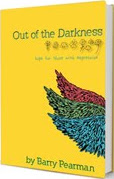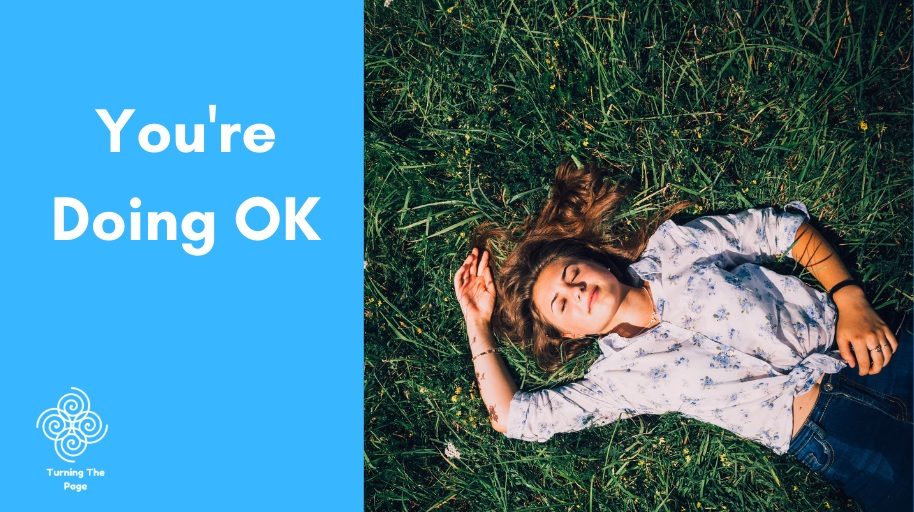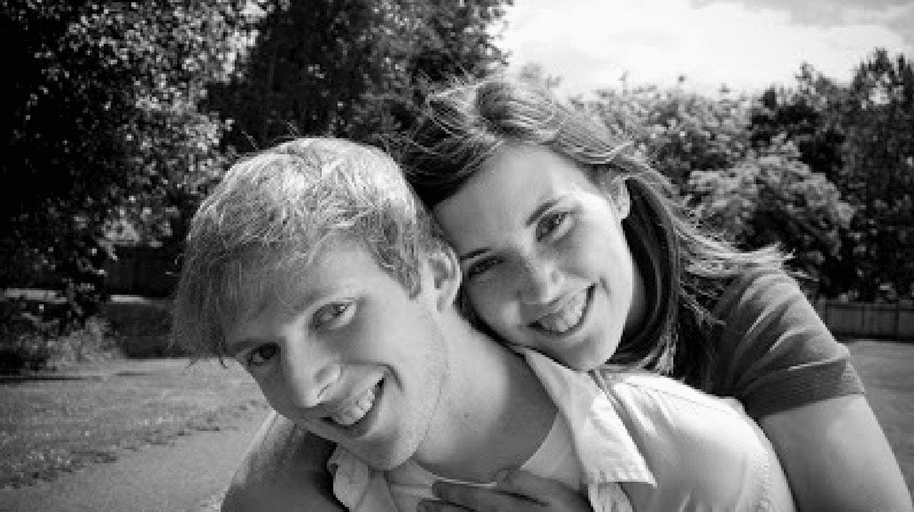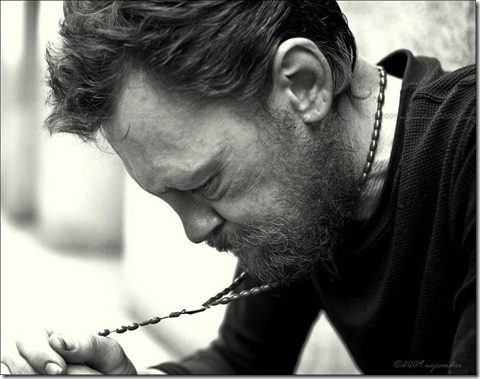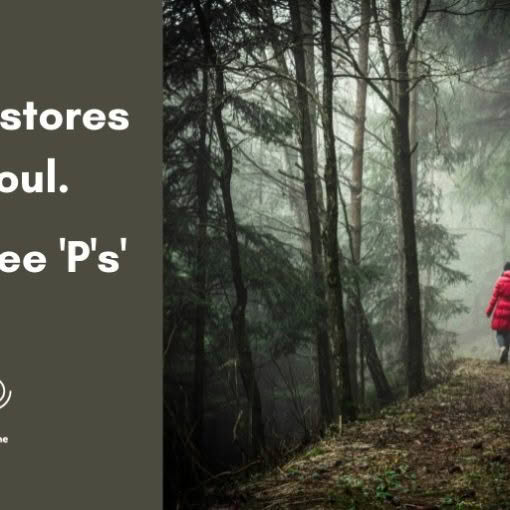There is no ideal community. Community is made up of people with all their richness, but also with their weakness and poverty, of people who accept and forgive each other, who are vulnerable with each other. Humility and trust are more at the foundation of community than perfection. Jean Vanier
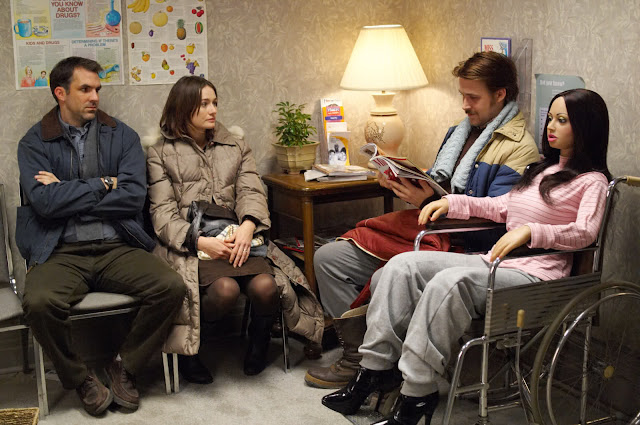 |
| Lars and the Real Girl |
The better the people on your recovery team, the better the outcome.
I have seen this time and time again.
The team hopefully will involve specialists such as Doctors, Nurses, Social Workers, Counsellors, Support Workers, Pastors, Chaplains etc. All generally paid to perform a vital function with the skills and knowledge they have.
Then there are the other team members. Those that unpaid, have no formal qualifications, and are just there because they are. Family, friends, workmates, neighbours, etc.
These are the ones that are going to be there generally in the long-term. Relationships here are probably more crucial to long-term recovery than those with the professionals.
What do safe relationships look like?
Safe relationships are where Grace overwhelms Judgementalism, Wisdom replaces Technique, Hope eliminates Pressure, and the listener resists the urge to merely empathize, give quick advice and provide a “religious” fix. Larry Crabb
As I said, ‘Lars and the Real Girl’ is idealistic, but not unrealistic.
The first step in forming safe relational communities is to be a safe relating person yourself.
Questions to consider and share a comment?
- Larry Crabb lists 6 requirements of a safe relationship. Which holds the most difficulty for you and why?
- How have you felt when you have been judged, processed through a technique, pressured, listened with ‘Oh you poor thing’ empathy, given quick advice and or a religious fix? How could they have done better?

